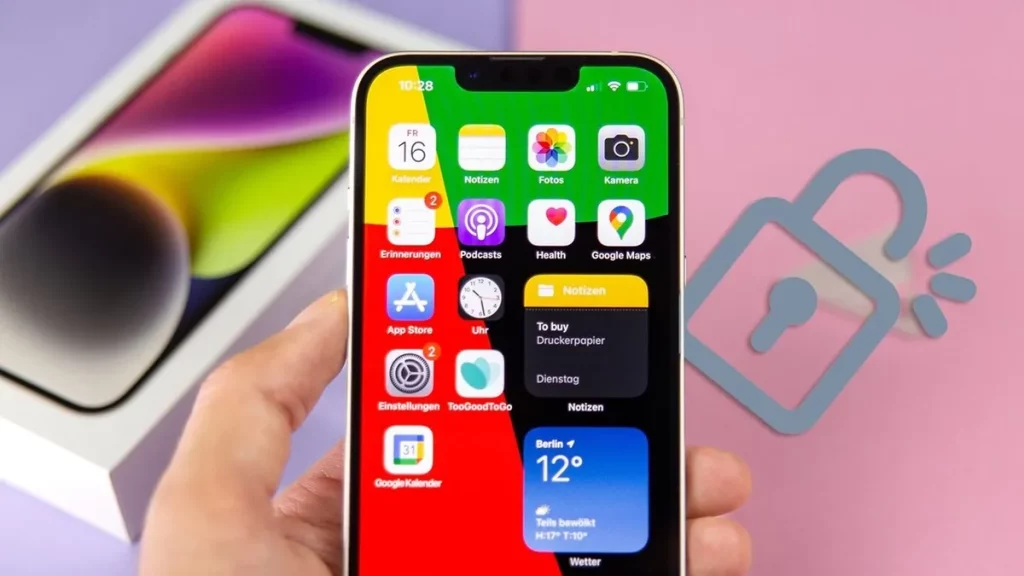Apple has taken a rather big step regarding how iPhone users in the European Union will interact with progressive web apps. A move such as this, which builds upon Apple’s decision to end support for these apps on its iOS 17.4 update, is a pretty significant dilemma for developers and users alike.
EU’s DMA (Digital Markets Act) has really strict requirements regarding web apps
Why is Apple taking such a stance, you may ask? Well, the company’s decision is a result of the intricate requirements of the Digital Markets Act (DMA) in the EU, which demands significant architectural changes to comply. Apple has pointed out that adapting to these demands by developing a new integration architecture is not feasible given the current circumstances. This decision particularly impacts the way web apps, which were once capable of functioning similarly to native apps with features like notifications and data storage, will operate on iOS devices.

With the introduction of iOS 17.4, what were once standalone web apps will now serve merely as bookmarks. This shift is a response to the DMA’s mandate that allows third-party browsers to utilize their own engines, deviating from Apple’s WebKit, which has been the backbone for web apps on iOS, ensuring they align with the platform’s security and privacy standards.
The implications of this change are multifaceted. While Apple cites security concerns and the potential for malicious web apps to exploit these new freedoms, it’s hard not to see the broader context. This includes the ongoing debate around app store fees and how companies like Facebook Gaming have used web apps to bypass these costs.
Apple anticipates that this alteration will impact a minimal number of users, citing low adoption rates of home screen web apps. Nevertheless, the company expresses regret over any inconvenience caused to developers and users due to this compliance-driven decision.
RELATED:
- Apple’s budget iPhone SE 4 to get OLED display, launch likely in 2025
- Apple’s foldable iPhone/iPad: Progress made, but release hangs in the balance
- Xiaomi Band 8 Genshin Impact custom edion get a huge discount.
- How to add custom GIFs and stickers to WhatsApp
(VIA)







